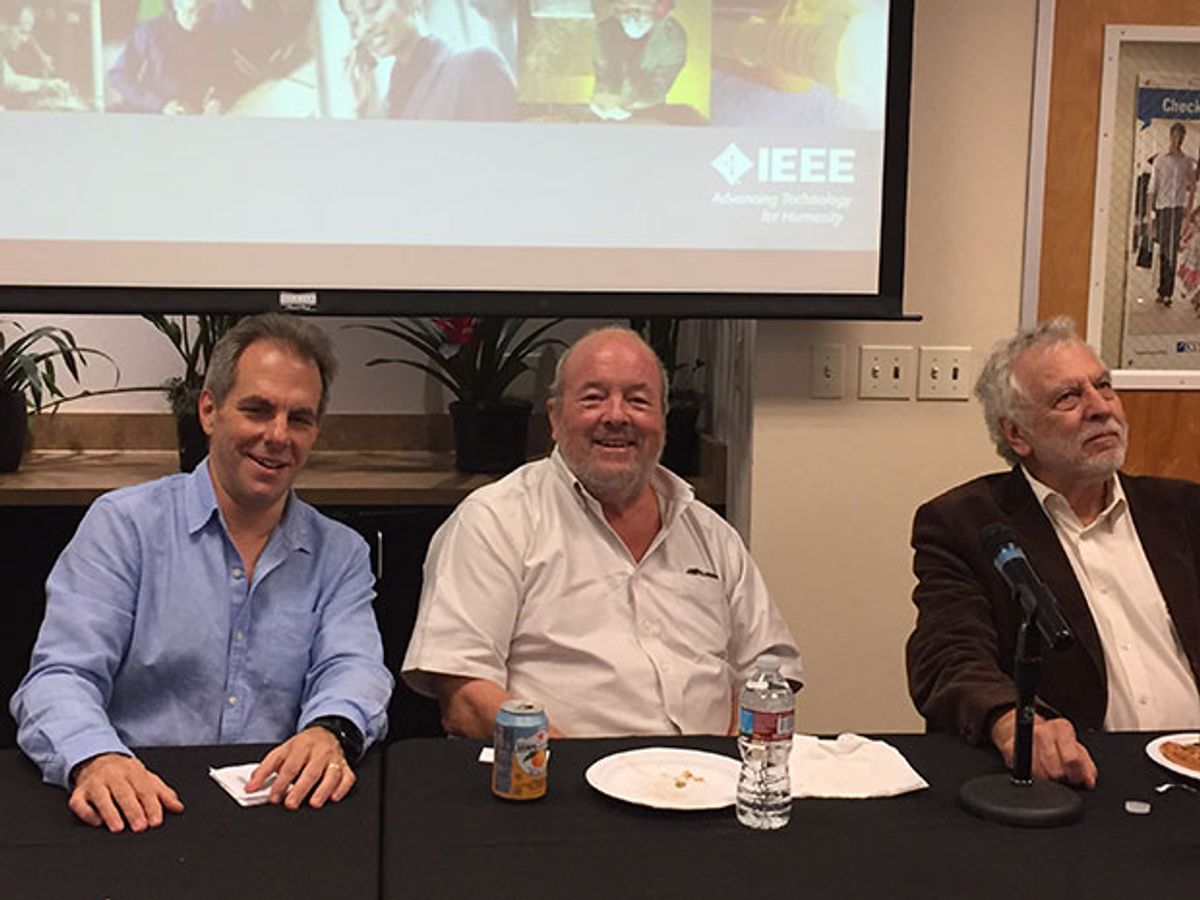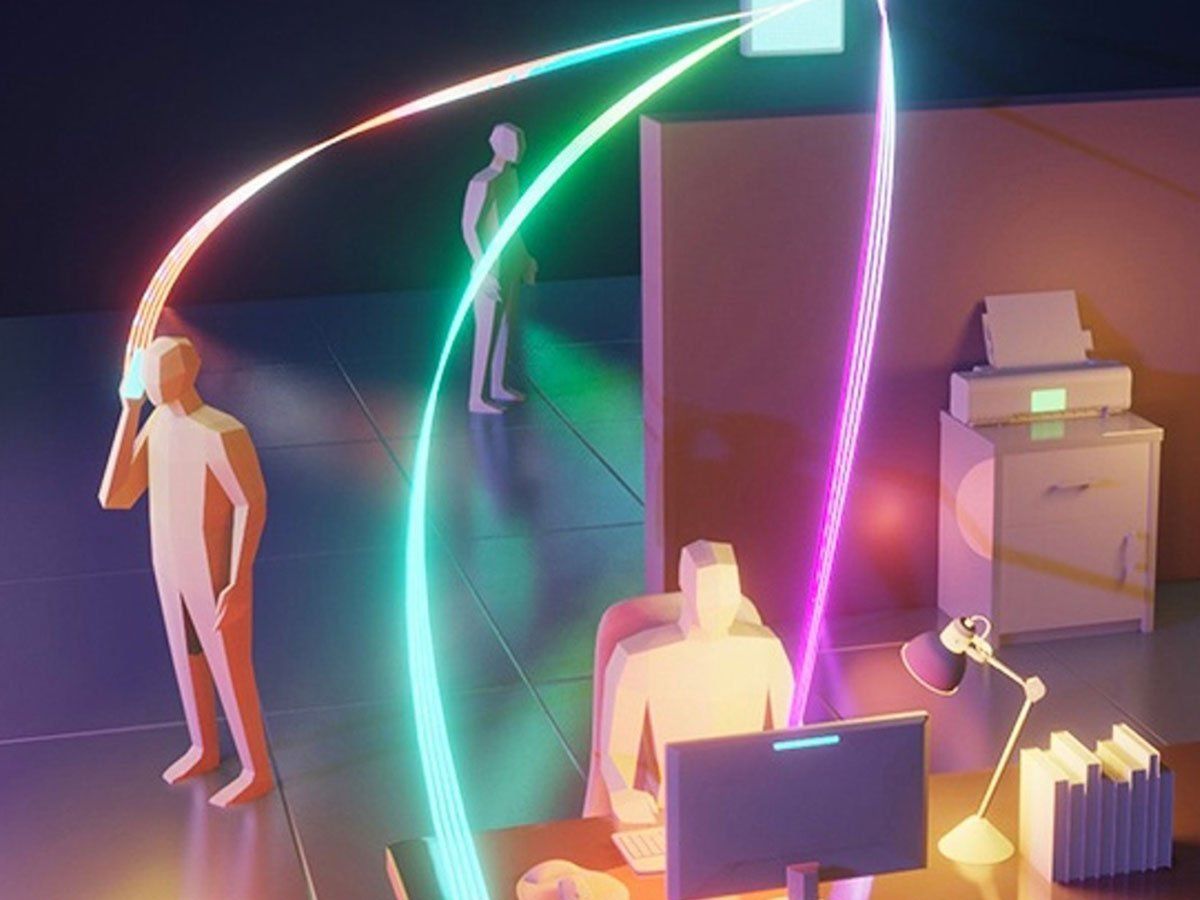Every time I talk to a Silicon Valley newbie, particularly someone trying to start a company, I find them enthralled by the “magic” of the place. They are amazed to discover that just about everyone you meet is involved in tech, and, as a result, neighbors, parents on the soccer sidelines, and people in line for coffee at Coupa can all potentially help you make your dream happen. And the most surprising thing to outsiders is that all these random connections actually want to help you, the earnest entrepreneur.
That’s the Silicon Valley secret. And it’s nothing new. Stories about this kind of help—advice, encouragement—and spare parts—came up again and again at a gathering last week of 100 Atari alumni and others connected to the birth of video games and home computers, hosted by the IEEE Silicon Valley History Committee:

On how Atari Founder Nolan Bushnell came to Silicon Valley:
“It was very scientific. My wife’s sister lived in Sunnyvale. I graduated 256 out of a class of 256 (at the University of Utah). That is, I had the most efficient degree possible. I got a degree, but I didn’t do one bit more than I needed to. I went to placement center, they said with your grades you can’t expect a very good job. I thought, ‘Horseshit.’ I knew the highest starting salaries of all those guys graduating, so on Thanksgiving I came to California and papered my resume around asking for $25 a month more than that highest salary. And I got the job at Ampex.”
On “liberating” parts for a startup:
Bushnell, while working at Ampex, was developing an arcade version of “Spacewar!,” a game written for the DEC PDP-1.
Recalled Atari’s head of engineering, Al Alcorn: “You were doing this as a g-job in the evening, borrowing parts.”
“Liberating parts,” corrected Bushnell.
“A fine tradition,” said Alcorn, “that Atari adopted. That’s how the Apple II was made, with Atari’s parts.”
Steven Mayer, who was chief Atari architect for home games and computer systems, chimed in: “There was a long tradition at Ampex of supporting people [to go out and do other things]. A guy working on a database at Ampex was Larry Ellison. A guy working in audio was Ray Dolby. Ampex was incredibly generous about letting these people start their own companies.
On finding a sales channel:
Bushnell: “[A]nother scientific process. I was at my dentist’s office talking about this video game I was working on [Computer Space], and he said, ‘One of my other patients is a sales guy at Nutting Associates, and they sell games.’” Bushnell ended up manufacturing and selling the game Computer Space through Nutting.
On the importance of thinking you can do better than that other guy:
“Nutting Associates was a blessing,” said Bushnell, “because I made all the mistakes I could possibly make there on their dime. But they were really stupid, on a lot of levels. [The company went bankrupt in the mid-70s.]
“One of the nice things about Silicon Valley, is, you all have worked next to an idiot who has gone off and been successful,” said Bushnell. “So you think if he did it, I can do it too. And the people at Nutting Associates were bozos.
“And, of course, Steve Jobs was working for me, so it goes along.”
More stories from the Atari reunion event here.
Tekla S. Perry is a senior editor at IEEE Spectrum. Based in Palo Alto, Calif., she's been covering the people, companies, and technology that make Silicon Valley a special place for more than 40 years. An IEEE member, she holds a bachelor's degree in journalism from Michigan State University.



